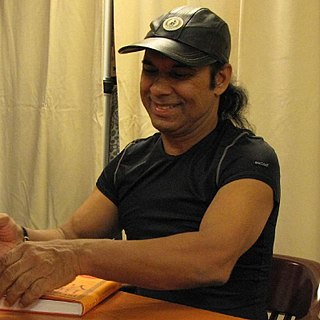A Quote by Heston Blumenthal
You need to do the work to bring the money in, but not compromise standards.
Related Quotes
Sometimes compromise is important. Sometimes it's better to give in to someone else's wishes in order to have fun as a group or as a couple, or for the benefit of the team. Sometimes compromise is dangerous. We need to guard against compromising our standards to gain the approval or love of someone else. Decide when you can, and when you cannot, compromise. If it's not harmful and you are ambivalent about a decision, then compromise. If it could lead to breaking your values, compromise isn't a good idea.
You don't need to compromise your standards to be accepted by good friends. The more obedient you arethe more the Lord can help you overcome temptation. You can also help others because they will feel your strength. Let them know about your standards by consistently living themNo one intends to make serious mistakes. They come when you compromise your standards to be more accepted by others. You be the strong one. You be the leader. Choose good friends and resist peer pressure together.
I do think we need to hold countries accountable who violate trade agreements that are already in place. We need to get stronger about enforcement, that in the future if we strike a trade agreement, toughening up labor standards and environmental standards and enforcement standards is something we absolutely need to do.
Designer's derive their rewards from 'inner standards of excellence, from the intrinsic satisfaction of their tasks. They are committed to the task, not the job. To their standards, not their boss.' So whereas most people divide their lives between time spent earning money and time spent spending it, designers generally lead a seamless existence in which work and play are synonymous. As Milanese designer Richard Sapper put it: "I never work-all the time."








































